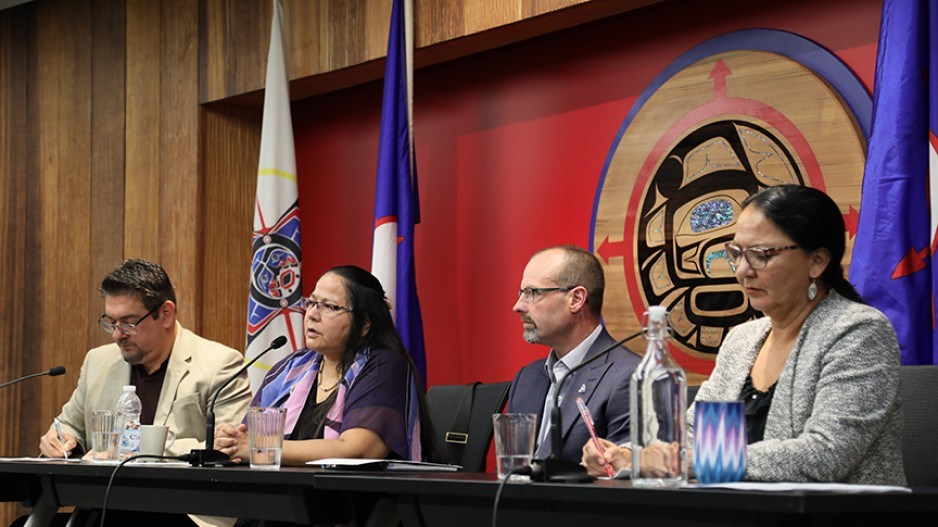As a bill to align Canadian laws with international Indigenous rights makes its way through the Senate, experts point out that legal certainty for investors concerned about the duty to consult Indigenous communities remains elusive.
Originally introduced as a private member’s bill by NDP MP Romeo Saganash in 2016, Bill C-262 was passed by the Standing Senate Committee on Aboriginal Peoples last Tuesday. The bill now goes back to the Senate for a third reading and, potentially, a final vote. If passed in its current form, C-262 would require the federal government to “take all measures necessary to ensure that the laws of Canada are in harmony with the United Nations Declaration on the Rights of Indigenous Peoples [UNDRIP].” The bill would also require the government to consult and co-operate with Indigenous communities in developing and implementing a national action plan to achieve UNDRIP’s objectives.
Conservative senators are concerned that C-262 will give Indigenous communities a de facto veto over resource development projects and could therefore have significant unintended legal and economic consequences.
In response last Monday, the First Nations Leadership Council and the BC Federation of Labour criticized what they characterized as Conservative-led delays of Bill C-262 in the Senate and accused Conservative senators of “employing wholly undemocratic procedures.”
The bill’s proponents say it provides a framework that would clarify the scope of Indigenous rights and reduce the risk of lengthy and costly legal battles.
“It’s clear that the current situation and the way we leave it to the courts, at the end of a long protracted process, to make a decision about whether consultation was sufficient creates an enormous amount of uncertainty. So it’s hard to imagine a situation more uncertain than the current one,” said George Hoberg, a professor at the University of British Columbia’s School of Public Policy and Global Affairs.
But Hoberg said the degree to which the Crown would still be allowed to override Indigenous rights to consent on matters of public interest, subject to strict scrutiny, “is not clarified at all in [C-262]. It would need to be clarified by some combination of further legislation or judicial interpretation.”
During his May 28 testimony in front of the Standing Senate Committee on Aboriginal Peoples, Ross Pattee, assistant deputy minister in the implementation sector for Crown-Indigenous Relations and Northern Affairs Canada, said that “free, prior and informed consent is not defined in the UN declaration, and there is no international or domestic agreement on the meaning of the principle.”
However, Pattee added that “free” generally implies a consultation with “no coercion, intimidation or manipulation,” “prior” means that consent is sought “sufficiently in advance” and with respect to the requirements of Indigenous consultation processes, and “informed” implies “that the information provided covers a range of aspects related to the matter at issue.”
“When you think about it, it does make it more certain, in a way, because it requires proponents of a project to get the support of First Nations groups to be able to proceed, which is the only solution I can see to this uncertainty created by our failure to reconcile with Indigenous title,” Hoberg said. “And we keep trying to figure out a kind of medium course between ignoring Indigenous rights and giving them full consent. I don’t see a way to do that and create some sort of equilibrium. I think we need to shift to a decision rule of consent and adapt to the consequences of that.”




